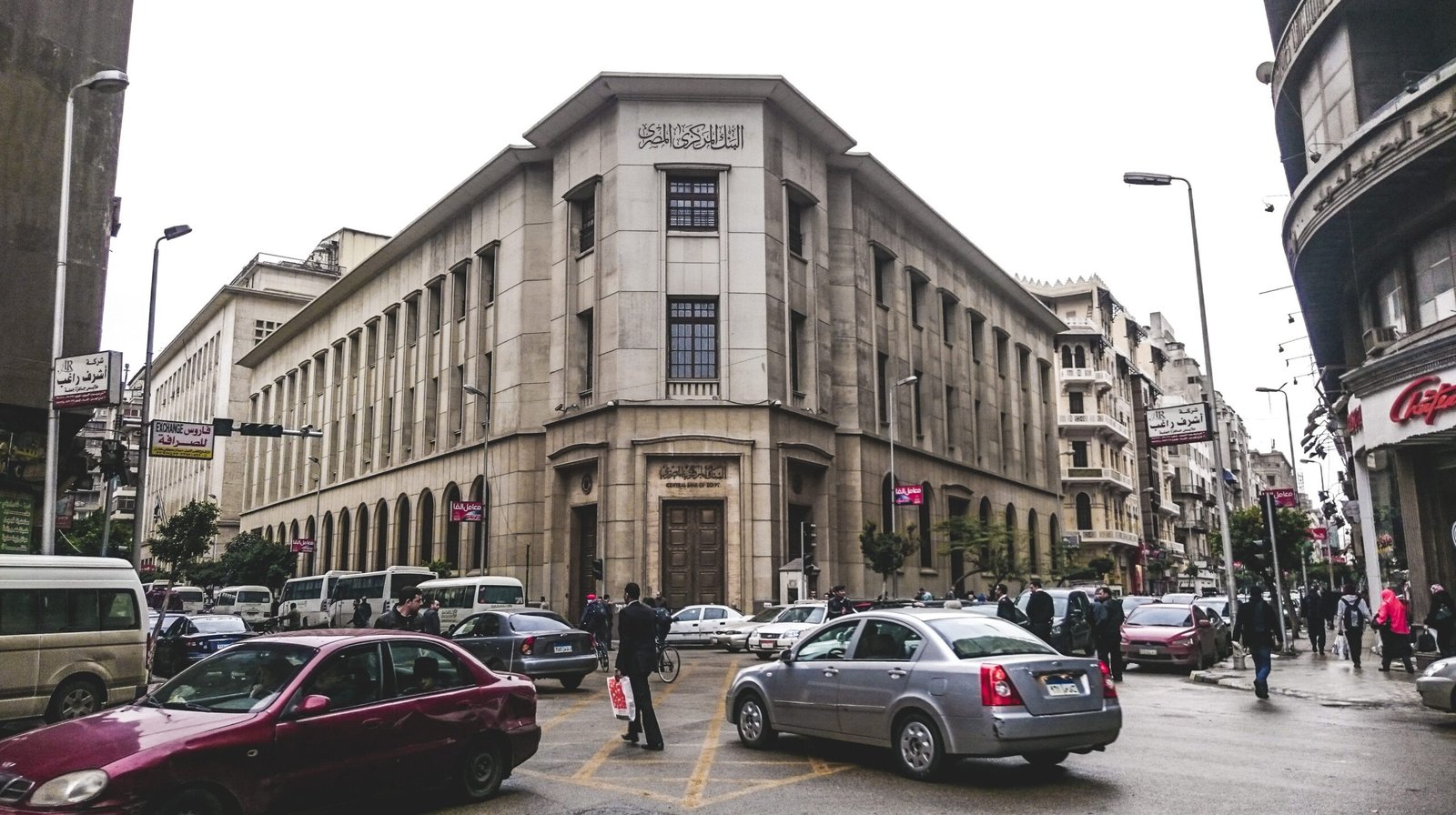The Central Bank of Egypt (CBE) has raised its interest rates by 2% or 200 basis points in its second meeting of the current year, which took place on Thursday, according to a statement from the central bank. This move aims to contain the rapid inflation.
Why Did the Central Bank Raise Interest Rates?
The CBE’s decision to increase interest rates was aimed at curbing inflation, which has been on the rise in Egypt. The annual inflation rate in Egyptian cities rose to 31.9% in February, while the core inflation rate issued by the central bank reached 40.3%. This means that the prices of goods and services in the country have been increasing at an alarming rate, which is a cause for concern.
In its statement, the central bank stated that recent developments have shown a widespread increase in inflation, which requires further monetary tightening. The move is also in line with analysts’ expectations of a rate hike ranging between 2% and 3%.
How Much Have the Interest Rates Increased?
The CBE has raised the deposit interest rate to 18.25% and the lending interest rate to 19.25%. This is a significant increase from the previous rates and is aimed at encouraging people to save more and borrow less, thereby reducing the demand for goods and services and curbing inflation.
What is the Target for Inflation?
The central bank has maintained its target for inflation at 7% (± 2 percentage points) on average during the fourth quarter of 2024, and 5% (± 2 percentage points) on average during the fourth quarter of 2026. This means that the central bank is committed to keeping inflation under control and ensuring that it remains within the target range.
How Will This Decision Affect the Economy?
The CBE’s decision to raise interest rates is likely to have a significant impact on the economy, both in the short term and the long term. In the short term, it is likely to lead to a decrease in consumer spending as people will have less money to spend due to higher interest rates. This could lead to a slowdown in economic growth as businesses may find it harder to sell their products and services.
In the long term, however, the decision could have a positive impact on the economy as it is likely to reduce inflation, which is a major obstacle to economic growth. By reducing inflation, the central bank is creating a more stable economic environment that is conducive to investment and growth.
How Has the CBE Responded to Inflation in the Past?
In 2022, the central bank raised interest rates by 8% in four meetings and also offered high-yield certificates through the National Bank of Egypt and the Banque Misr to combat inflation caused by the Russian-Ukrainian war crisis that began in late February 2022. This move helped to stabilize the economy and reduce inflation, and the current decision is a continuation of this strategy.
What Does the Future Hold for the Egyptian Economy?
The Egyptian economy has been growing steadily in recent years, but inflation has been a major obstacle to sustained growth. The CBE’s decision to raise interest rates is a step in the right direction towards curbing inflation and creating a more stable economic environment.
In the long term, however, the government will need to focus on other areas such as improving infrastructure, creating jobs, and reducing poverty to ensure sustained economic growth. Nonetheless, the CBE’s decision is a positive step towards creating a more stable and prosperous economy.
The tea?
The Central Bank of Egypt’s decision to raise interest rates by 2% is aimed at containing rapid inflation in the country. While the rate hike is expected to have both positive and negative impacts on the economy, it is a necessary step to ensure economic stability in the long run.
The Egyptian economy has been facing numerous challenges, but the government’s commitment to implementing reforms and attracting foreign investment offers hope for a brighter future.





